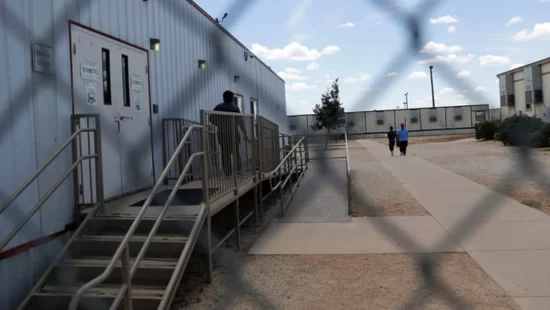President Donald Trump’s suspended tariffs on many goods from Canada and Mexico are set to take hold April 2, with more import taxes on other products and countries coming soon. That means consumers may start to see price hikes at the grocery store within weeks, especially for some of the least shelf-stable items.
Imports make up an increasing share of the fresh produce sold in the United States — around 60% of fruits and 40% of vegetables, according to 2023 data from the U.S. Department of Agriculture. Trump has hit China with 20% higher tariffs than those already in force. That country, Mexico and Canada together produce over 75% of American vegetable imports.
The levies are likely to hit several staples in shoppers’ grocery carts, an NBC News analysis of U.S. Census Bureau data found, from berries to avocados to potatoes. The most affected items will be those that are largely sourced from Mexico, Canada or China.
For instance, the U.S. imports 100% of its fresh mangoes and limes, USDA data shows. Mexico supplies about 60% of the guavas and mangoes sold in the U.S. and about 72% of lemons and limes. The U.S. also imports high levels of avocados (91.9% are imported) and raspberries (91.4% are imported), and over 90% of both products’ imported stocks come from Mexico.








